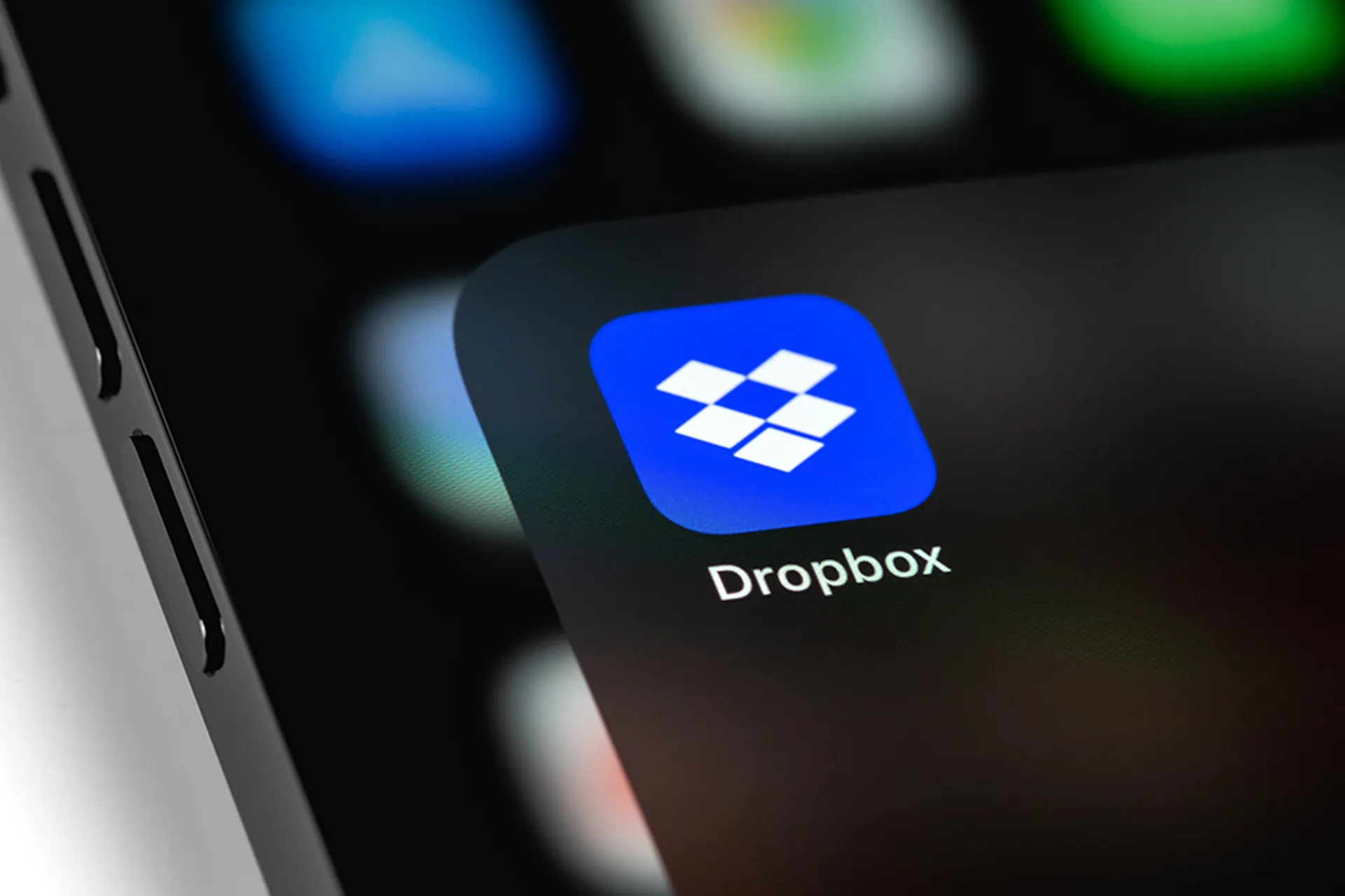
Trend Micro on Thursday announced that it had achieved AWS Healthcare Competency status, which ups Trend’s total to more than 15 AWS competencies and designations for its cloud security solutions.
The healthcare designation was viewed as important, especially because healthcare organizations have been under great stress the past two years during the pandemic and face increased threats from ransomware, bad bots, DDoS attack, and spear-phishing emails.
“This latest designation is another proofpoint of our successful business transformation as a platform-based cybersecurity provider,” said Mike Milner, vice president of cloud technology at Trend Micro. “As we continue to expand into new business verticals, a strong relationship with AWS lets us broaden our customer base and jointly create a secure cloud environment."
Healthcare providers have gone through massive digital transformation in a very short amount of time over the past couple of years, which has driven digital transformation and forced them to embrace mobile and cloud-based technologies, said Hank Schless, senior manager, security solutions at Lookout. Schless said this was personified in the mass adoption of telehealth, which became the most viable way for care providers to connect with patients during the pandemic.
“In addition to telehealth, providers have also opened access to platforms where they store patient electronic medical records, payment data, social security numbers, and other highly sensitive data,” Schless said. “As some organizations use a hybrid model of on-prem and cloud servers, they need to deploy modern security solutions that protect assets connecting to cloud services, such as smartphones and tablets.”
Joseph Carson, chief security scientist and Advisory CISO at Delinea, added that healthcare organizations have long been a prime target for cyber criminals. Carson said it’s likely because of the amount of sensitive personally identifiable information (PII) organizations collect and store, both on-prem and in the cloud, as well as a traditionally large number of connected devices integrated into respective networks.
“The result is a massive, more easily exploitable threat vector,” Carson said. “In many instances, Personal Health Information (PHI) is much more valuable than stolen credit card information. On the dark web, it's sold for up to $500 or even more as they can be easily abused such as medical identity theft making false medical claims, fake prescriptions or create other fake identities. Since medical records are extremely sensitive and valuable for cybercriminals, they should be a top priority for healthcare institutions that hold PHI to protect them with best security practices such as strong encryption, privileged access security and multi-factor authentication."



